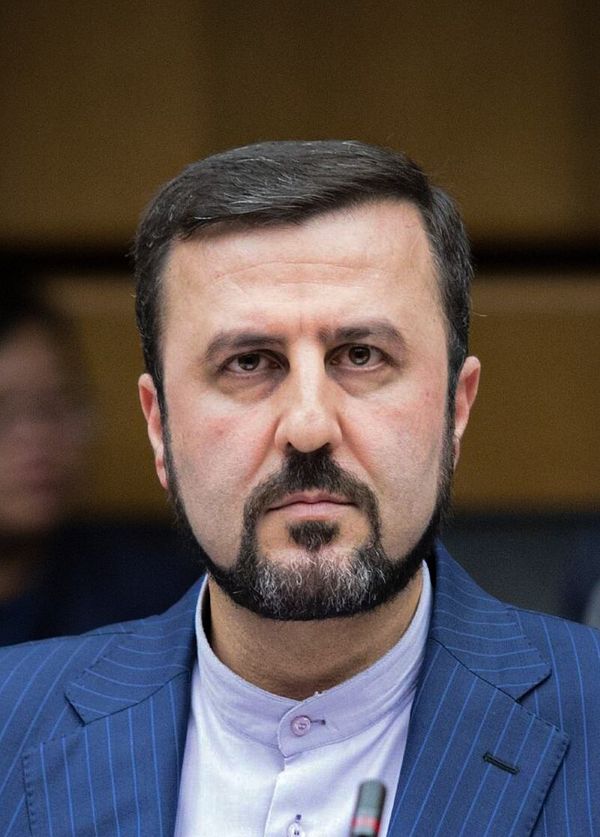Tehran has warned that European threats to reimpose sanctions could drive Iran to pull out of the Nuclear Non-Proliferation Treaty.
Iran’s Deputy Foreign Minister Kazem Gharibabadi said as much when speaking with reporters ahead of tomorrow’s critical meeting with the U.K., France and Germany.
Talks involving Iran and some signatories to the 2015 monitoring deal that regulated Iran’s nuclear programme are expected to take place in Istanbul. That pact’s regulatory provisions have been at issue since the U.S. withdrawal during President Donald Trump’s first term. Iran says it is willing to restart negotiations with the U.S. Yesterday, Gharibabadi said, “the sooner, the better.”
The E-3 group (U.K., France and Germany) have said they are prepared to enforce so-called snapback provision in that accord and reimpose sanctions on Iran if there is no progress on a deal to limit Tehran’s nuclear programme by August. The original 2015 pact eased economic penalties on Iran in return for accepting restrictions and international monitoring of the country’s nuclear programme, which Tehran has always maintained is peaceful.
Gharibabadi noted that Iran had consistently adhered to the terms of 1970 Nuclear Non-Proliferation Treaty, even resisting mounting domestic pressure for its withdrawal in the wake of the recent Israeli and U.S. strikes on its nuclear sites. “I’m quite confident that if the snapback is triggered, Iran will not show more restraint in this regard”, he cautioned.
The Trump administration is seeking to reopen a deal with Tehran and Iran says it is willing to restart negotiations. “The sooner, the better”, Gharibabadi said as he urged Washington to avoid using diplomacy as cover for another military attack on Iran.
Meanwhile, he called on the European countries to take an independent approach and “not coordinate their positions with the Americans.” Otherwise, he noted, there was little point in negotiating “with the Europeans when we can negotiate with the Americans”.
Iranian officials say they are open to proposals on how to avoid further sanctions and “prevent a more complicated situation.”
According to Gharibabadi, a team of IAEA technical inspectors is expected in Tehran in a “few weeks”, the first such visit since the Israel-Iran war. Talks will help determine the kind of access Iran will allow the IAEA.

